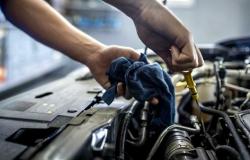
Parma is among the three Italian cities involved in the pilot project “TakeBack: ReMed”, the initiative for the collection and recycling of pre-filled injection devices, promoted for the first time in Italy by Novo Nordisk, a leading company in the field of chronic diseases non-communicable and rare diseases.
From disposable “pens” to commonly used objects, such as chairs and furnishing accessories, the path becomes a completely innovative collection and recycling model, to transform a used medical device from waste to resource. In fact, there are over 19 thousand pre-filled “pens” used for therapies against diabetes, obesity and rare diseases which are used every year by the citizens of Parma and which, until yesterday, ended up in landfill while now, thanks to the “TakeBack: ReMed” project ”, will come back to new life.
“TakeBack: ReMed” is part of the global commitment that Novo Nordisk has made in the field of sustainability with “Circular for zero”, a global initiative that sets the challenging goal of achieving zero environmental impact by 2045. Successfully tested in Brazil, France, Denmark and the United Kingdom, “TakeBack: ReMed” now arrives in Italy with trials that will involve, in addition to Parma, also Turin and, in the coming weeks, Bologna, after the approval of the project by the municipal council.
To confirm the importance that projects like this have on the environment in terms of CO2 savings, there is data that comes from experiences already started in other countries: in the United Kingdom, for example, savings have been achieved in the disposal process equal to approximately 90% going from 26g to 3g of CO2.
“Novo Nordisk inextricably links the commitment to improving people’s quality of life with innovation and sustainability, because we are convinced that the therapeutic value of our medicines must always also be associated with their environmental impact. The goal is to achieve zero environmental impact by 2045. To this end, we are pursuing a strategy that thinks from a Planetary Health perspective. We promote the reduction of consumption and emissions, the recycling of waste and the development of reusable products within a circular economy that covers the entire supply chain from production to distribution. Thanks to collaboration with local institutions and actors, it is possible to create the conditions to make a difference and promote concrete, virtuous and truly sustainable actions such as “TakeBack: ReMed”, explains Marco Salvini, Sr Director External Affairs of Novo Nordisk Italia.
The experimentation will be developed thanks to an agreement with Federfarma which has promoted the participation of 15 city pharmacies and will provide the collection data. In these facilities, citizens will find the collection kit consisting of collection bags for used pens which will be distributed to citizens. Each envelope can contain between 10 and 15 pens and a return rate forecast – i.e. the return response from citizens – of 25% is estimated.
“Participation in the ReMed project represents a further step towards the promotion of sustainable practices and responsible waste management in our territory. This is a pilot project that will contribute to further improving the share of recycled waste in our city, already at 81% of separate waste collection”, declares Gianluca Borghi, councilor for Environmental Sustainability, Energy and Mobility of the Municipality of Parma.
“The signing of the Memorandum of Understanding for the ReMed project demonstrates our commitment to improving the quality of life of citizens, while ensuring a healthy and sustainable environment for future generations. The initiative not only offers concrete solutions for the management of medical waste, but also promotes social awareness on the importance of health and environmental protection”, adds Ettore Brianti, councilor for social policies of the Municipality of Parma.
The pens collected in Parma will then be transferred to Denmark to complete the recovery cycle. Thanks to various local partnerships, in fact, Novo Nordisk collects, stores and ships used pens in Denmark, and then transforms them into secondary raw materials used for the creation of commonly used objects, such as chairs, lamps, vases and much more. Disposable pens are now up to 85% recyclable.
“A person’s health also depends on the environment in which they live. – states Massimo Fabi, extraordinary commissioner of the Local Health Authority and general director of the Parma University Hospital – The healthcare sector can make a decisive contribution by promoting environmentally friendly technologies and sustainable consumption: for this reason the two healthcare companies in Parma they support the TakeBack: ReMed project which focuses on recycling to limit the impact on the environment in the production of healthcare products. I hope that in a short time, the Community Houses can also be collection points for pens, with the collaboration of the association for Helping Young People with Diabetes of Parma and the Adult Diabetics Association of Parma, which have always been committed to us to offer the best services to people with diabetes.”
In short, a clear model of circular economy applied to the healthcare and pharmaceutical sector, which, thanks to the commitment of Novo Nordisk and the collaboration of the Municipalities involved, will start from Parma and the other pilot cities and then extend to other Italian cities.





